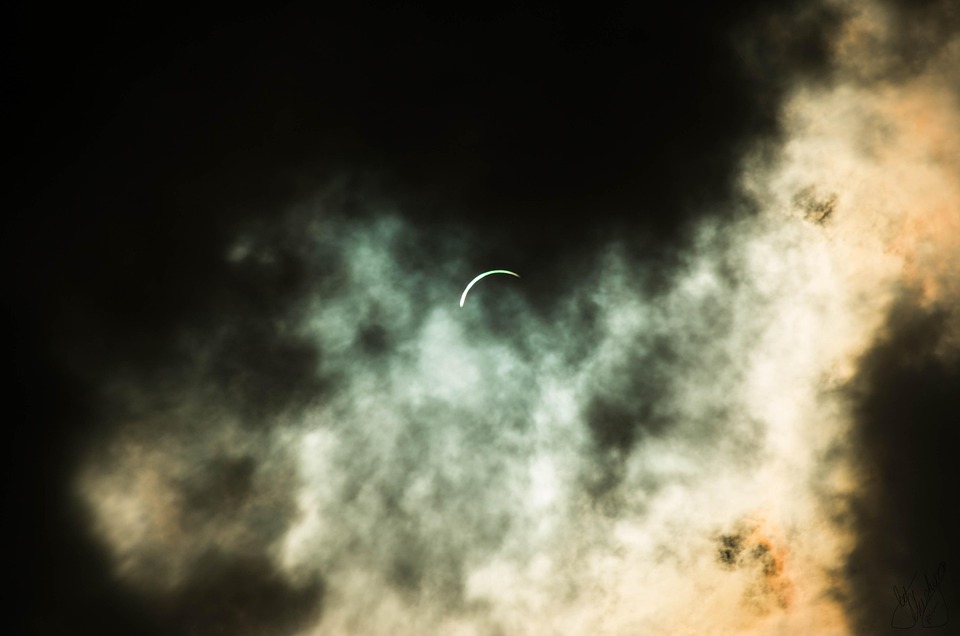Eclipses have long been a source of fascination and awe for humans, with these rare and spectacular events often being shrouded in mystery and superstition. The temporary blocking of the sun or moon by the intervening body of the earth, moon, or sun has captivated human imagination, influencing culture, religion, and ritual across the globe. In this article, we will delve into the significant impact of eclipses on human culture and explore how this phenomenon has shaped our understanding of the universe and our place within it.
Ancient Mythology and Folklore
In ancient times, eclipses were often viewed as omens or signs from the gods, with various cultures developing their own mythological explanations for these events. For example, in ancient China, eclipses were believed to occur when a dragon swallowed the sun, while in Norse mythology, the phenomenon was attributed to the wolf Fenrir chasing the sun and moon. These mythological explanations not only reflected the limited scientific understanding of the time but also demonstrate the profound impact of eclipses on human culture and imagination.
Rituals and Ceremonies
Eclipses have also played a significant role in shaping human rituals and ceremonies, with many cultures developing specific practices to mark these events. For instance, in some African cultures, eclipses are believed to be a time of spiritual renewal, with rituals performed to purify and protect the community. Similarly, in ancient Greece, eclipses were seen as a time for divination and prophecy, with priests and seers using these events to interpret the will of the gods. These rituals and ceremonies not only reflect the cultural significance of eclipses but also highlight the human desire to connect with the universe and understand our place within it.
Scientific Understanding and Cultural Significance
As our scientific understanding of eclipses has evolved, so too has their cultural significance. With the advent of modern astronomy, we now understand that eclipses are a natural phenomenon, resulting from the alignment of celestial bodies. However, despite this increased understanding, eclipses continue to captivate human imagination, with many people traveling to witness these events and experience the awe-inspiring spectacle firsthand. This enduring fascination with eclipses underscores the profound impact of these events on human culture, reflecting our deep-seated desire to connect with the universe and understand its mysteries.
Modern Cultural References
Eclipses have also had a significant impact on modern culture, with references to these events appearing in literature, art, music, and film. For example, in literature, eclipses have been used as a metaphor for transformation and change, as in the works of authors such as Stephen King and Anne Rice. Similarly, in music, eclipses have been referenced in songs by artists such as Pink Floyd and Rage Against the Machine. These cultural references not only reflect the ongoing fascination with eclipses but also demonstrate the enduring influence of these events on human imagination and creativity.
Conclusion
In conclusion, the eclipse effect has had a profound impact on human culture and ritual, shaping our understanding of the universe and our place within it. From ancient mythology and folklore to modern cultural references, eclipses have captivated human imagination, influencing art, literature, music, and film. As we continue to explore and understand the universe, the significance of eclipses will undoubtedly endure, reflecting our deep-seated desire to connect with the cosmos and understand its mysteries.


Leave a Reply